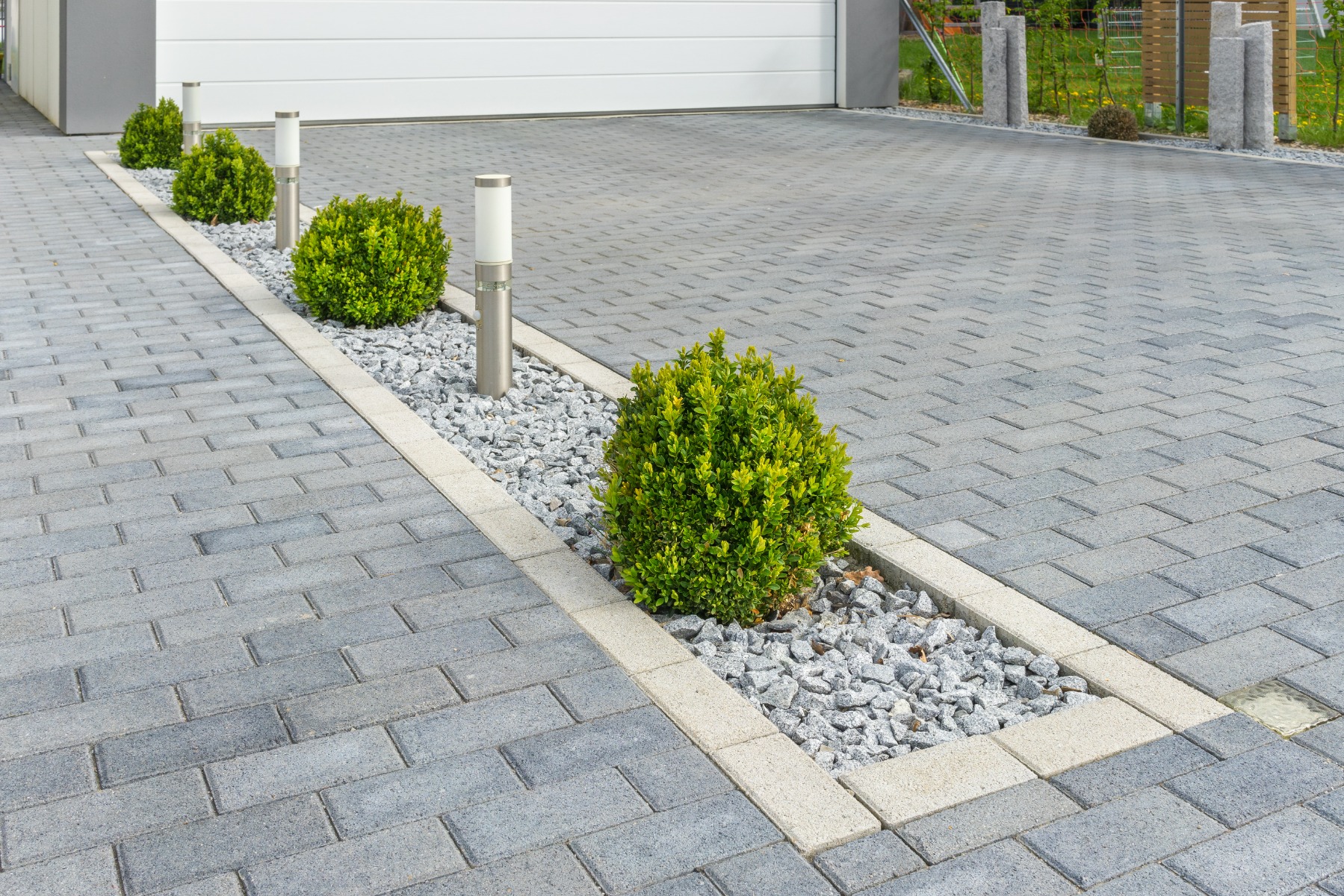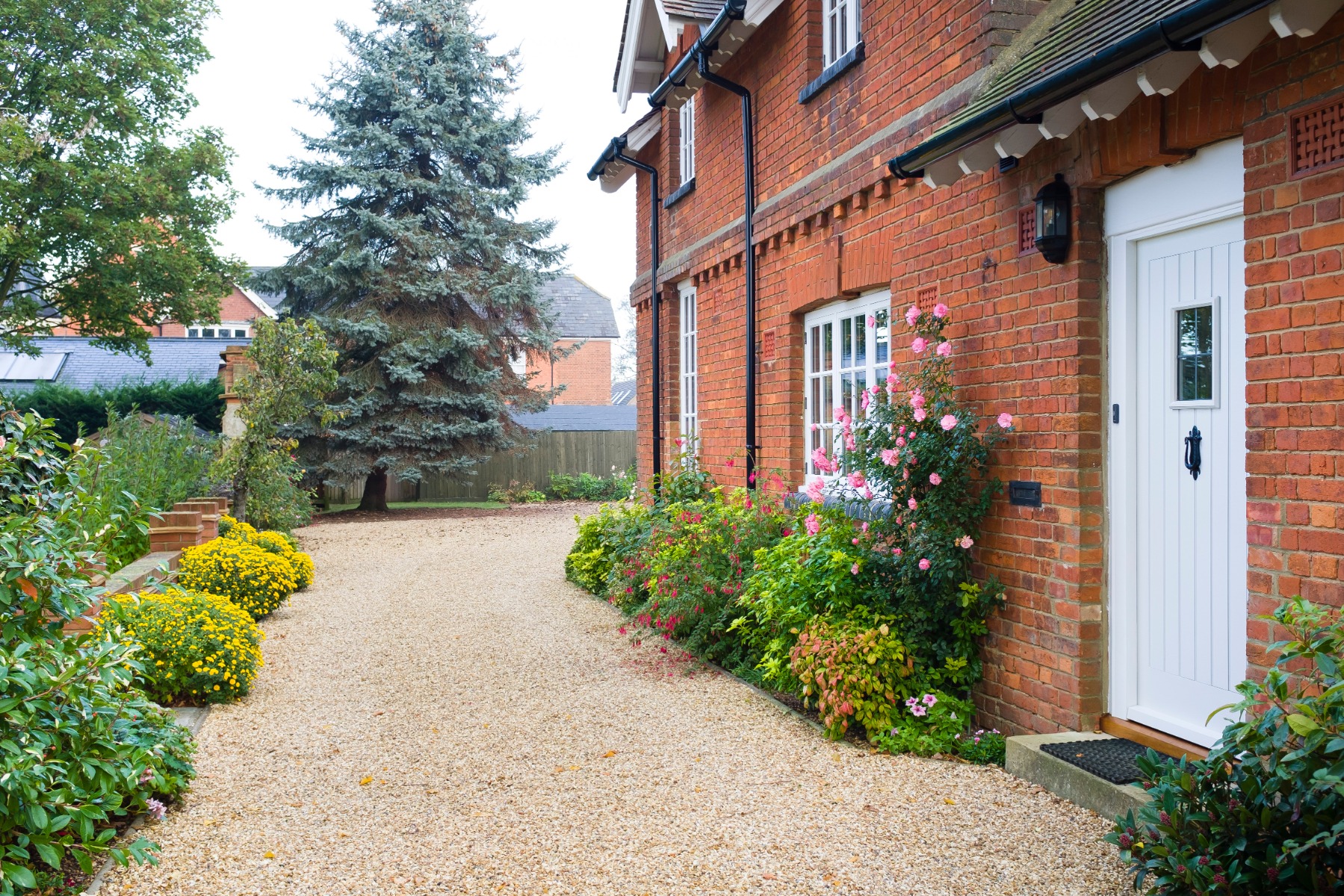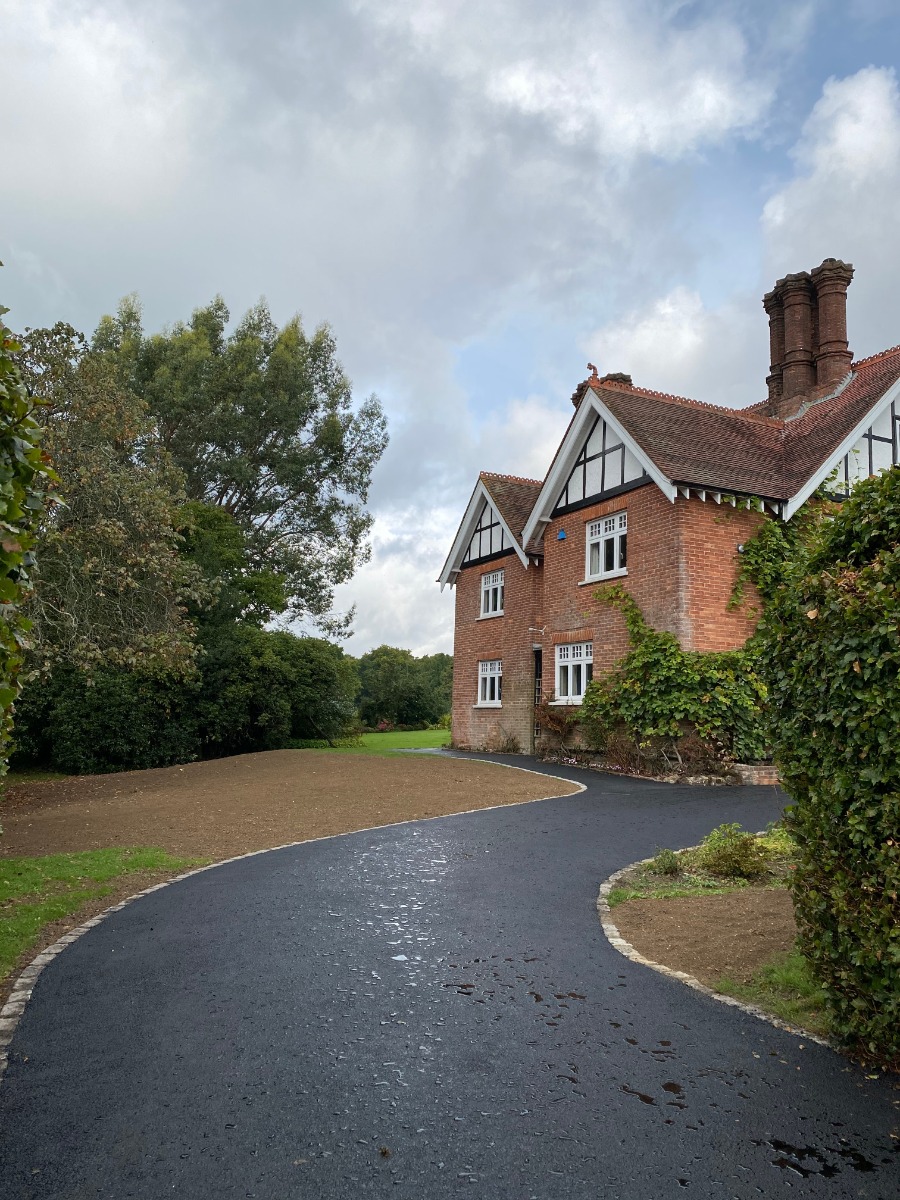We use cookies to make your experience better. To comply with the new e-Privacy directive, we need to ask for your consent to set the cookies. Learn more.
What Is The Best Driveway Surface To Have In The UK?
Are you considering upgrading the front of your home and wondering what the best driveway surface materials are? Whatever the reason for your driveway deliberation, you’ve come to the right place as we will be going over the pros and cons of each in this post.
Why You Should Consider The Best Driveway Surface To Have In The UK
When you first move into a new home, the driveway may not be a top priority for upgrading. However, whether you now find yourself in the position of needing to update, fix, or are looking to sell your property it’s important to remember the impact a well-designed drive can have on your property. Not only just in looks but for functionality and durability too.
Another thing to consider is that the climate in the UK can be extremely changeable throughout the seasons, so your driveway surface will have to be able to stand up to whatever the inclement British weather decides to throw at it.


Which driveway surface materials are best?
A lot will depend on your own preferences and the layout and design of your driveway. For example, maybe you love gravel and its crunch, or maybe you hate it, and the same goes for every driveway surface on this list. All of them serve a purpose, but some will simply be preferable to you and your own individual taste as well as the needs of your driveway.
Different types of driveway surface materials
Let’s take a look at some of the most popular materials for your surface you can choose with these driveway ideas.
Gravel Driveways
What Are the Downsides of Using Gravel?
One of the biggest downsides of gravel is that because the individual stones or fragments are loose, they can have a tendency to spread around and out of the driveway. You may need to top up areas of your driveway to make sure potholes don’t appear. Gravel can also provide a good environment for weeds and it’s more difficult to clean than other materials in this post. Gravel can also be a little harsh on your car with stones getting stuck in the treads.


Imprinted Concrete Driveways
Imprinted concrete can be a practical but striking material choice for your driveway. Imprinted concrete's distinctive look is created when freshly poured concrete is imprinted with a pattern or design while it’s still wet. This can mimic the appearance of tiles, bricks, or paving. There are several benefits to choosing imprinted concrete, among them is its durability. Imprinted concrete won’t suffer from weeds like a real block paving driveway would. Its smooth surface means there are no trip hazards or bumps to damage your car.
What Are the Downsides of Using Imprinted Concrete?
Because it needs to be imprinted while wet, imprinted concrete is a more labour-intensive choice than some others we’ve mentioned in the blog post which makes it a more costly option.
Asphalt Driveways
Asphalt, often known as Tarmac is made up of finely crushed stones and tar. This creates a flat, smooth, and sometimes spongy surface. Tarmac is a generally low-maintenance material choice for your driveway that has a uniform look and is quick to install.
What Are the Downsides of Using Asphalt?
Tarmac can have some problems in hot weather by becoming sticky and losing shape. You are also limited to styles and designs with tarmac and if you do need to do any repairs it can be difficult to get them to blend in.


Block paving
The block paving effect is created by slotting identical paving stones together to build a tessellating pattern design. Block Paving is a popular material choice for driveways as it offers an attractive finish that complements a variety of property styles. Repairs are easy as you can replace individual bricks if needed rather than whole patches. Clock paving is a porous material making it a great choice for the rainy weather we often have in the UK.
What Are the Downsides of Using Block Paving?
Block Paving can be expensive as it is a labour-intensive installation process. It can also be a higher maintenance option as you will need to keep on top of weed growth between stones.
Resin Bonded Driveways
A resin-bonded driveway is made by mixing your chosen construction aggregate, for example, blended chippings, stones or gravel, with a transparent resin that’s made of polyurethane. This polymer can withstand very high temperatures while preserving the appearance of the stones or gravel it contains. Resin Bonded is a popular material choice if you are looking to replace your driveway due to drainage issues as it is fully permeable.
What Are The Downsides Of Using Resin Bonding?
Resin bonding generally requires a flat surface as it is generally poured on top of your gravel or stones as a liquid, where it then hardens. As a result, it’s not a practical choice for hilled driveways or sloping gardens converted into a driveway.
Each driveway surface material has its own pros and cons, so ultimately your choice will come down to what you’re trying to achieve and your budget. Which will you choose?
